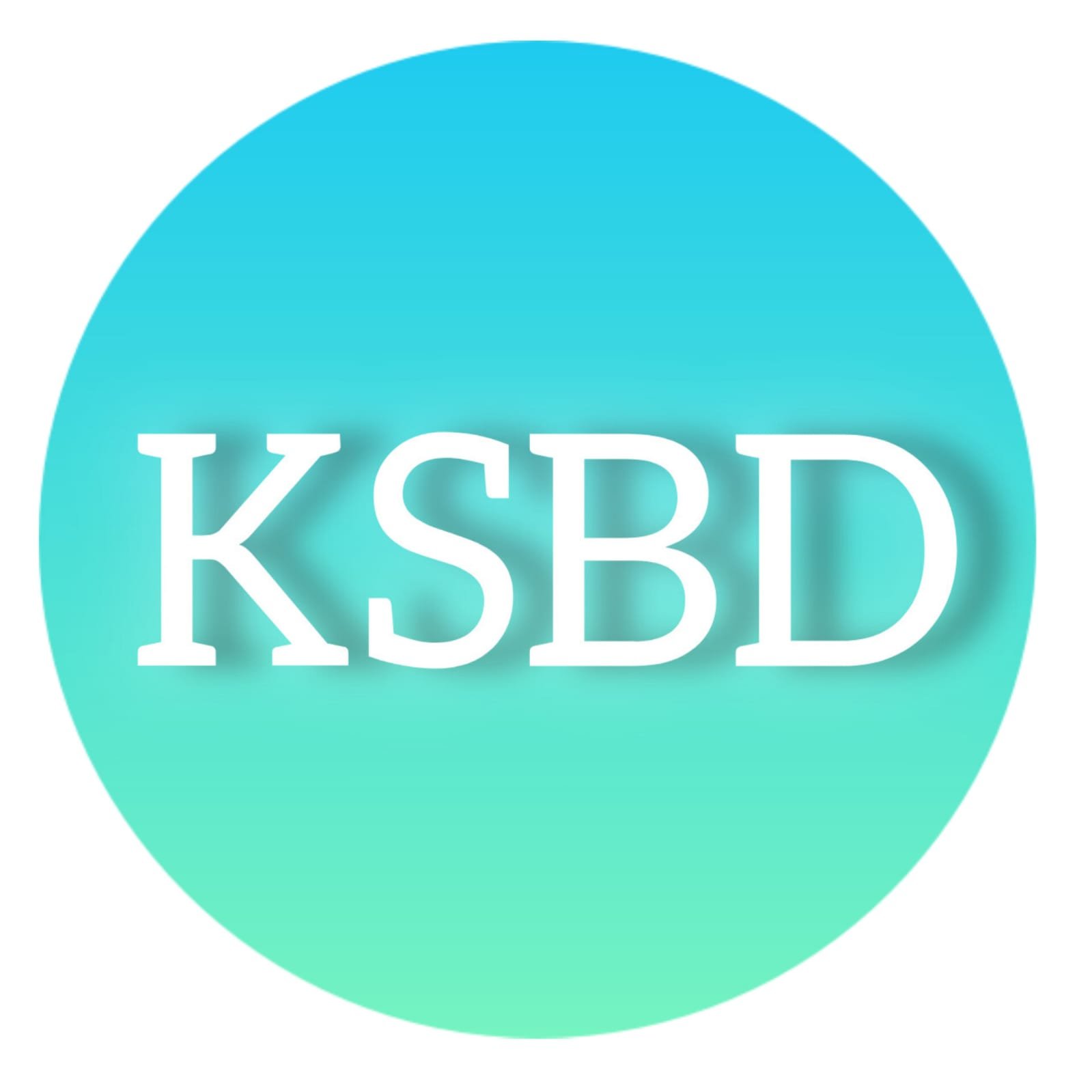Exploring Business Opportunities
Business opportunities are potential ventures that an entrepreneur or a business entity can
explore to achieve growth and profitability. Identifying a viable business opportunity
involves recognizing an unmet need in the market, creating a solution, and successfully
implementing it.
Types of Business Opportunities
-
Franchise Opportunities
- Description: Involves buying the rights to operate a business
under an established brand.
- Pros: Established brand recognition, proven business model, and
support from the franchisor.
- Cons: High initial investment and ongoing royalty fees, less
operational freedom.
-
E-commerce and Online Businesses
- Description: Includes selling products or services online
through various platforms.
- Pros: Low startup costs, global reach, flexibility, and
scalability.
- Cons: High competition, dependency on digital marketing skills,
and cybersecurity risks.
-
Service-Based Businesses
- Description: Providing services such as consulting, cleaning,
tutoring, or freelance work.
- Pros: Often lower initial investment, potential for high
margins, and flexibility.
- Cons: Can be time-intensive and requires expertise in the
service offered.
-
Technology and Innovation
- Description: Developing new technologies or improving existing
ones, such as apps, software, or biotech products.
- Pros: High growth potential, potential for significant impact,
and market differentiation.
- Cons: High development costs, regulatory hurdles, and
fast-paced changes in technology.
-
Green and Sustainable Businesses
- Description: Ventures focused on environmental sustainability,
like renewable energy, recycling, and organic products.
- Pros: Growing market demand, positive environmental impact, and
potential for government incentives.
- Cons: Can involve high initial costs and navigating regulatory
requirements.
Keys to Success
-
Innovation and Differentiation
- Offering unique products or services that stand out from competitors.
- Continuous innovation to keep up with market trends and customer preferences.
-
Customer Focus
- Prioritizing customer satisfaction and building strong relationships.
- Gathering customer feedback and adapting the business accordingly.
-
Strong Business Plan
- A well-thought-out business plan that outlines the business model, marketing
strategy, financial projections, and operational plan.
- Regularly updating the plan to reflect changes in the market.
-
Effective Marketing
- Utilizing digital marketing, social media, SEO, and traditional marketing
methods to reach and engage target audiences.
- Building a strong brand presence.
-
Financial Management
- Maintaining healthy cash flow, managing expenses, and securing necessary
funding.
- Regular financial monitoring and reporting.
Start Now






